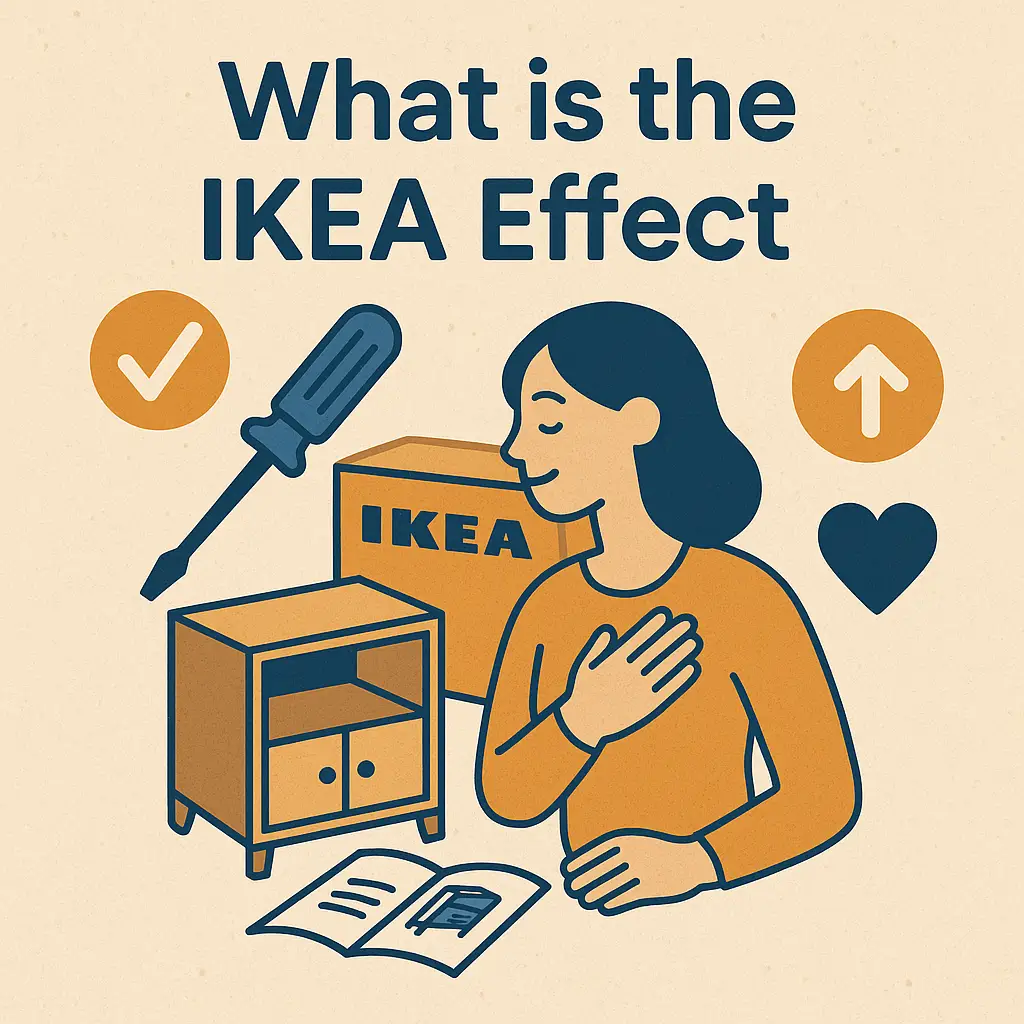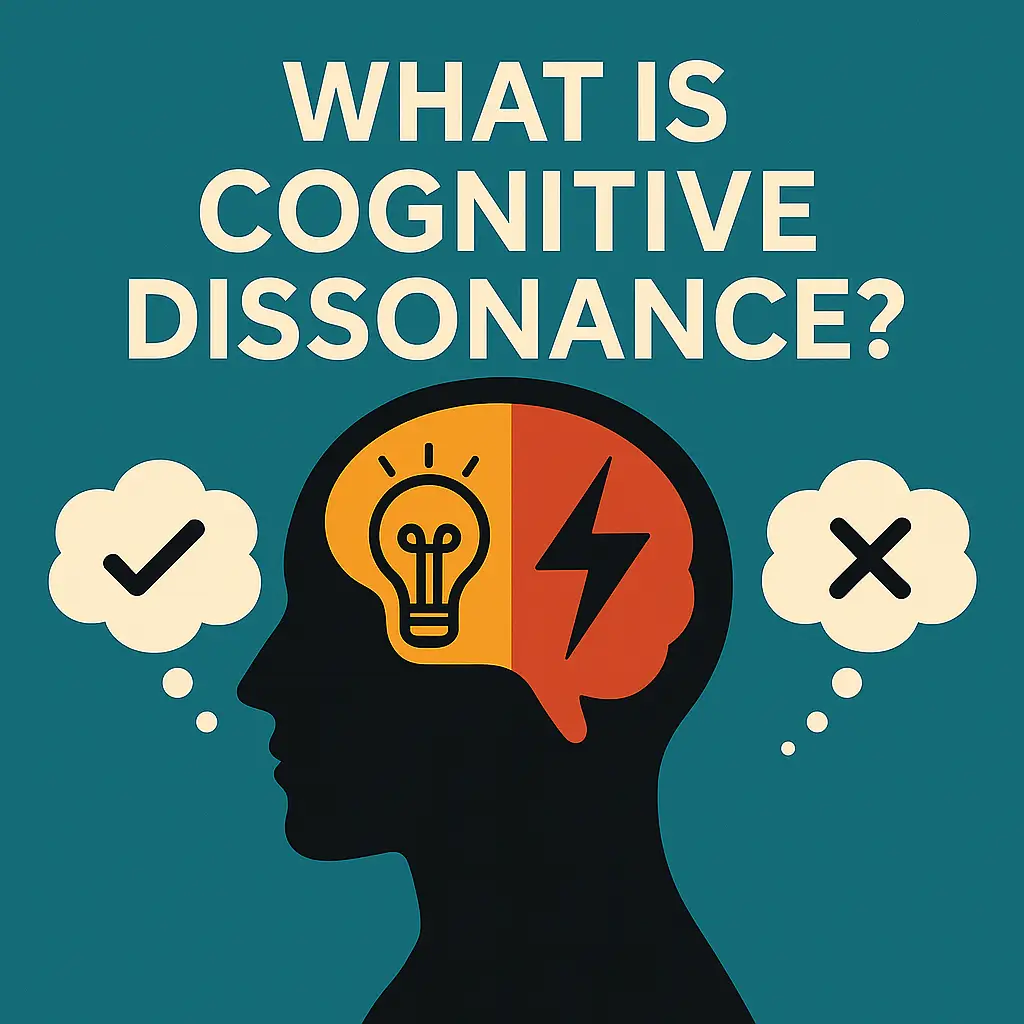Hyperbolic Discounting: How This Cognitive Bias Shapes Consumer Buying Decisions
Key Takeaways: What Is Hyperbolic Discounting? Hyperbolic discounting is a cognitive bias that causes people to favour immediate rewards over future benefits, even when the latter are more advantageous. This concept is fundamental to behavioural economics and is particularly useful for understanding time-inconsistent choices, such as overspending, procrastination, and addiction. Research illustrates that most people […]
Hyperbolic Discounting: How This Cognitive Bias Shapes Consumer Buying Decisions Read More »










